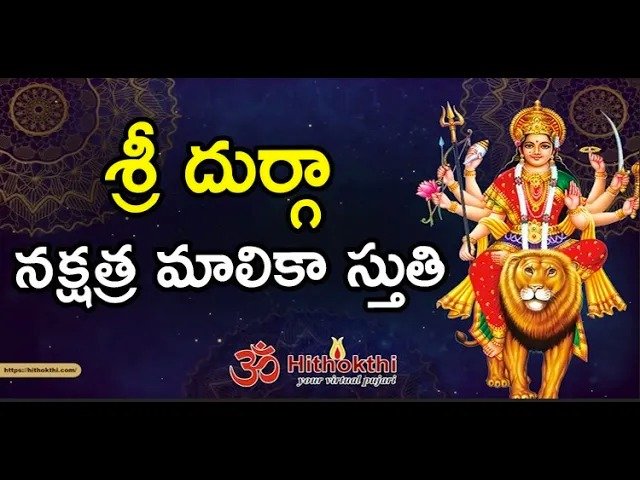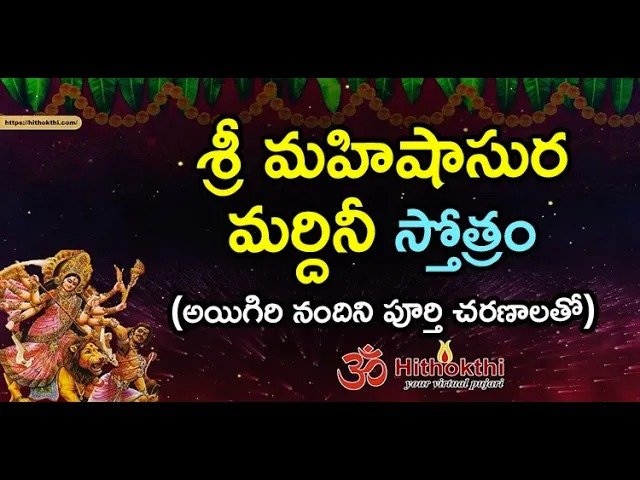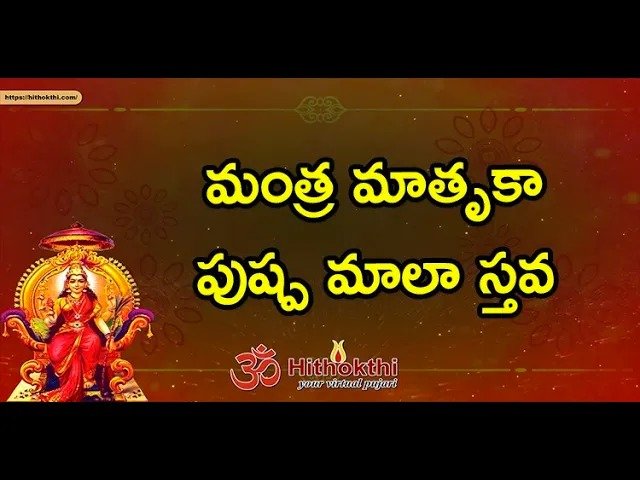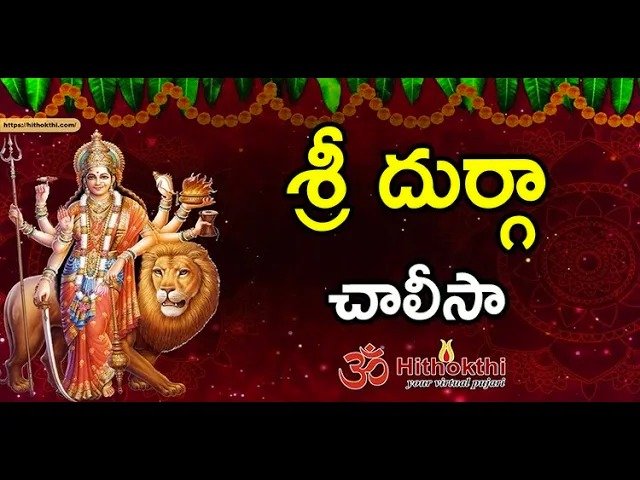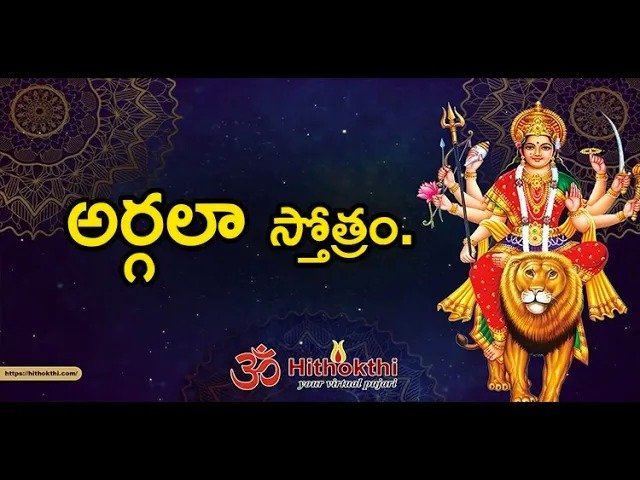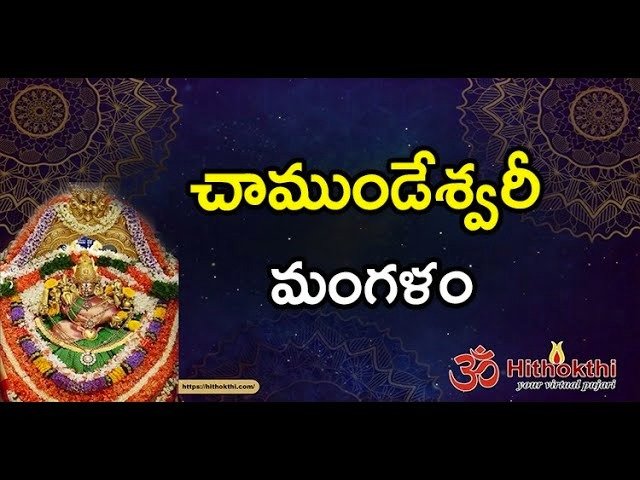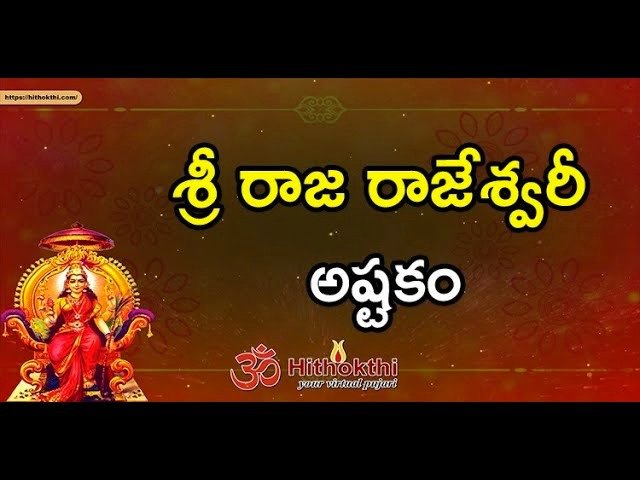Katha Upanishad
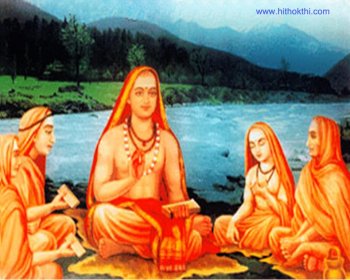
Katha Upanishad Part One:
The Katha Upanishad is probably the most widely known of all the Upanishads. It was early translated into Persian and through this rendering first made its way into Europe. Later Raja Ram Mohun Roy brought out an English version. It has since appeared in various languages; and English, German and French writers are all agreed in pronouncing it one of the most perfect expressions of the religion and philosophy of the Vedas. Sir Edwin Arnold popularized it by his metrical rendering under the name of “The Secret of Death,” and Ralph Waldo Emerson gives its story in brief at the close of his essay on “Immortality.”
There is no consensus of opinion regarding the place of this Upanishad in Vedic literature. Some authorities declare it to belong to the Yajur–Veda, others to the Sama–Veda, while a large number put it down as a part of the Atharva–Veda. The story is first suggested in the Rig–Veda; it is told more definitely in the Yajur–Veda; and in the Katha Upanishad it appears fully elaborated and interwoven with the loftiest Vedic teaching. There is nothing however, to indicate the special place of this final version, nor has any meaning been found for the name Katha.
The text presents a dialogue between an aspiring disciple, Nachiketas, and the Ruler of Death regarding the great Hereafter.
Peace Chant
May He (the Supreme Being) protect us both, teacher and taught. May He be pleased with us. May we acquire strength. May our study bring us illumination. May there be no enmity among us.
OM! PEACE! PEACE! PEACE!
Part First
I
Vahasrava, being desirous of heavenly rewards (at the Viswajit sacrifice), made a gift of all that he possessed. He had a son by the name of Nachiketas.
II
When the offerings were being distributed, faith (Shraddha) entered (the heart of)Nachiketas, who, though young, yet resected:
III
These cows have drunk water, eaten grass and given milk for the last time, and their senses have lost all vigour. He who gives these undoubtedly goes to joyless realms. In India the idea of sacrifice has always been to give freely for the joy of giving, without asking anything in return; and the whole purpose and merit of the sacrifice is lost, if the giver entertains the least thought of name, fame or individual benefit. The special Viswajit sacrifice which Vajasrava was making required of him to give away all that he possessed. When, however, the gifts were brought forward to be offered, his son Nachiketas, although probably a lad about twelve years of age, observed how worthless were the animals which his father was offering. His heart at once became filled with Shraddha. There is no one English word which can convey the meaning of this Sanskrit term. It is more than mere faith. It also implies self–reliance, an independent sense of right and wrong, and the courage of one’s own conviction. As a boy of tender age, Nachiketas had no right to question his father’s action; yet, impelled by the sudden awakening of his higher nature, he could not but reflect: “By merely giving these useless cows, my father cannot gain any merit. If he has vowed to give all his possessions, then he must also give me. Otherwise his sacrifice will not be complete and fruitful.” Therefore, anxious for his father’s welfare, he approached him gently and reverently.
IV
He said to his father: Dear father, to whom wilt thou give me? He said it a second time, then a third time. The father replied: I shall give thee unto Death. Nachiketas, being a dutiful son and eager to atone for his father’s inadequate sacrifice, tried to remind him thus indirectly that he had not fulfilled his promise to give away all his possessions, since he had not yet offered his own son, who would be a worthier gift than useless cattle. His father, conscious that he was not making a true sacrifice, tried to ignore the boy’s questions; but irritated by his persistence, he at last impatiently made answer: “I give thee to Yama, the Lord of Death.” The fact that anger could so quickly rise in his heart proved that he had not the proper attitude of a sacrificer, who must always be tranquil, uplifted and free from egoism.
V
Nachiketas thought: Among many (of my father’s pupils) I stand first; among many (others) I stand in the middle (but never last). What will be accomplished for my father by my going this day to Yama?
It was not conceit which led Nachiketas to consider his own standing and importance. He was weighing his value as a son and pupil in order to be able to judge whether or not he had merit enough to prove a worthy gift. Although he realized that his father’s harsh reply was only the expression of a momentary outburst of anger; yet he believed that greater harm might befall his father, if his word was not kept. Therefore he sought to strengthen his father’s resolution by reminding him of the transitory condition of life. He said:
VI
Look back to those who lived before and look to those who live now. Like grain the mortal decays and like grain again springs up (is reborn).
All things perish, Truth alone remains. Why then fear to sacrifice me also; Thus Nachiketas convinced his father that he should remain true to his word and send him to Yama, the Ruler of Death. Then Nachiketas went to the abode of Death, but Yama was absent and the boy waited without food or drink for three days. On Yama’s return one of his household said to him:
VII
Like fire a Brahmana guest enters into houses. That fire is quenched by an offering. (Therefore) O Vaivaswata, bring water.
VIII
The foolish man in whose house a Brahmana guest remains without food, all his hopes and expectations, all the merit gained by his association with the holy, by his good words and deeds, all his sons and cattle, are destroyed. According to the ancient Vedic ideal a guest is the representative of God and should be received with due reverence and honor. Especially is this the case with a Brahmana or a Sannyasin whose life is wholly consecrated to God. Any one who fails to give proper care to a holy guest brings misfortune on himself and his household. When Yama returned, therefore, one of the members of his household anxiously informed him of Nachiketas’ presence and begged him to bring water to wash his feet, this being always the first service to an arriving guest.
IX
Yama said: O Brahmana! Revered guest! My salutations to thee. As thou hast remained three nights in my house without food, therefore choose three boons, O Brahmana.
X
Nachiketas said: May Gautama, my father, be free from anxious thought (about me). May he lose all anger (towards me) and be pacified in heart. May he know and welcome me when I am sent back by thee. This, O Death, is the first of the three boons I choose.
XI
Yama replied: Through my will Auddalaki Aruni (thy father) will know thee, and be again towards thee as before. He will sleep in peace at night. He will be free from wrath when he sees thee released from the mouth of death.
XII
Nachiketas said: In the realm of heaven there is no fear, thou (Death) art not there; nor is there fear of old age. Having crossed beyond both hunger and thirst and being above grief, (they) rejoice in heaven.
XIII
Thou knowest, O Death, the fire–sacrifice that leads to heaven. Tell this to me, who am full of Shraddha (faith and yearning). They who live in the realm of heaven enjoy freedom from death. This I beg as my second boon.
XIV
Yama replied: I know well that fire which leads to the realm of heaven. I shall tell it to thee. Listen to me. Know, O Nachiketas, that this is the means of attaining endless worlds and their support. It is hidden in the heart of all beings.
XV
Yama then told him that fire–sacrifice, the beginning of all the worlds; what bricks, how many and how laid for the altar. Nachiketas repeated all as it was told to him. Then Death, being pleased with him, again said:
XVI
The great–soured Yama, being well pleased, said to him (Nachiketas): I give thee now another boon. This fire (sacrifice) shall be named after thee. Take also this garland of many colours.
XVII
He who performs this Nachiketa fire–sacrifice three times, being united with the three (mother, father and teacher), and who fulfills the three–fold duty (study of the Vedas, sacrifice and alms–giving) crosses over birth and death. Knowing this worshipful shining fire, born of Brahman, and realizing Him, he attains eternal peace.
XVIII
He who knows the three–fold Nachiketa fire and performs the Nachiketa fire–sacrifice with three–fold knowledge, having cast off the fetters of death and being beyond grief, he rejoices in the realm of heaven.
XIX
O Nachiketas, this is thy fire that leads to heaven, which thou hast chosen as thy second boon. People will call this fire after thy name. Ask the third boon, Nachiketas. Fire is regarded as “the foundation of all the worlds,” because it is the revealer of creation. If there were no fire or light, no manifested form would be visible. We read in the Semitic Scriptures, “In the beginning the Lord said, ‘Let there be light.”‘ Therefore, that which stands in the external universe as one of the purest symbols of the Divine, also dwells in subtle form in the heart of every living being as the vital energy, the life–force or cause of existence.
Yama now tells Nachiketas how, by performing sacrifice with the three–fold knowledge, he may transcend grief and death and reach heaven. The three–fold knowledge referred to is regarding the preparation of the altar and fire. Nachiketas being eager to learn, listened with wholehearted attention and was able to repeat all that was told him. This so pleased Yama that he granted him the extra boon of naming the fire–sacrifice after him and gave him a garland set with precious stones.
Verses XVI–XVIII are regarded by many as an interpolation, which would account for certain obscurities and repetitions in them.
XX
Nachiketas said: There is this doubt regarding what becomes of a man after death. Some say he exists, others that he does not exist. This knowledge I desire, being instructed by thee. Of the boons this is the third boon.
XXI
Yama replied: Even the Devas (Bright Ones) of old doubted regarding this. It is not easy to know; subtle indeed is this subject. O Nachiketas, choose another boon. Do not press me. Ask not this boon of me.
XXII
Nachiketas said: O Death, thou sayest that even the Devas had doubts about this, and that it is not easy to know. Another teacher like unto thee is not to be found. Therefore no other boon can be equal to this one.
XXIII Yama said: Ask for sons and grandsons who shall live a hundred years, many cattle, elephants, gold and horses. Ask for lands of vast extent and live thyself as many autumns as thou desirest.
XXIV
If thou thinkest of any other boon equal to this, ask for wealth and long life; be ruler over the wide earth. O Nachiketas, I shall make thee enjoyer of all desires.
XXV
Whatsoever objects of desire are difficult to obtain in the realm of mortals, ask them all as thou desirest; these lovely maidens with their chariots and musical instruments, such as are not obtainable by mortals–be served by these whom I give to thee. O Nachiketas, do not ask regarding death.
The third boon asked by Nachiketas concerning the great Hereafter was one which could be granted only to those who were freed from all mortal desires and limitations, therefore Yama first tested Nachiketas to see whether he was ready to receive such knowledge. “Do not press me regarding this secret,” he said. “Even wise men cannot understand it and thou art a mere lad. Take, rather, long life, wealth, whatever will give thee happiness on the mortal plane.” But the boy proved his strength and worthiness by remaining firm in his resolution to know the great secret of life and death.
XXVI
Nachiketas said: O Death, these are fleeting; they weaken the vigour of all the senses in man. Even the longest life is short. Keep thou thy chariots, dance and music.
XXVII
Man cannot be satisfied by wealth. Shall we possess wealth when we see thee (Death)? Shall we continue to live as long as thou rulest? Therefore that boon alone is to be chosen by me.
XXVIII
What man dwelling on the decaying mortal plane, having approached the undecaying immortal one, and having reflected upon the nature of enjoyment through beauty and sense pleasure, would delight in long life?
XXIX O Death, that regarding which there is doubt, of the great Hereafter, tell us. Nachiketas asks for no other boon than that which penetrates this hidden secret.

